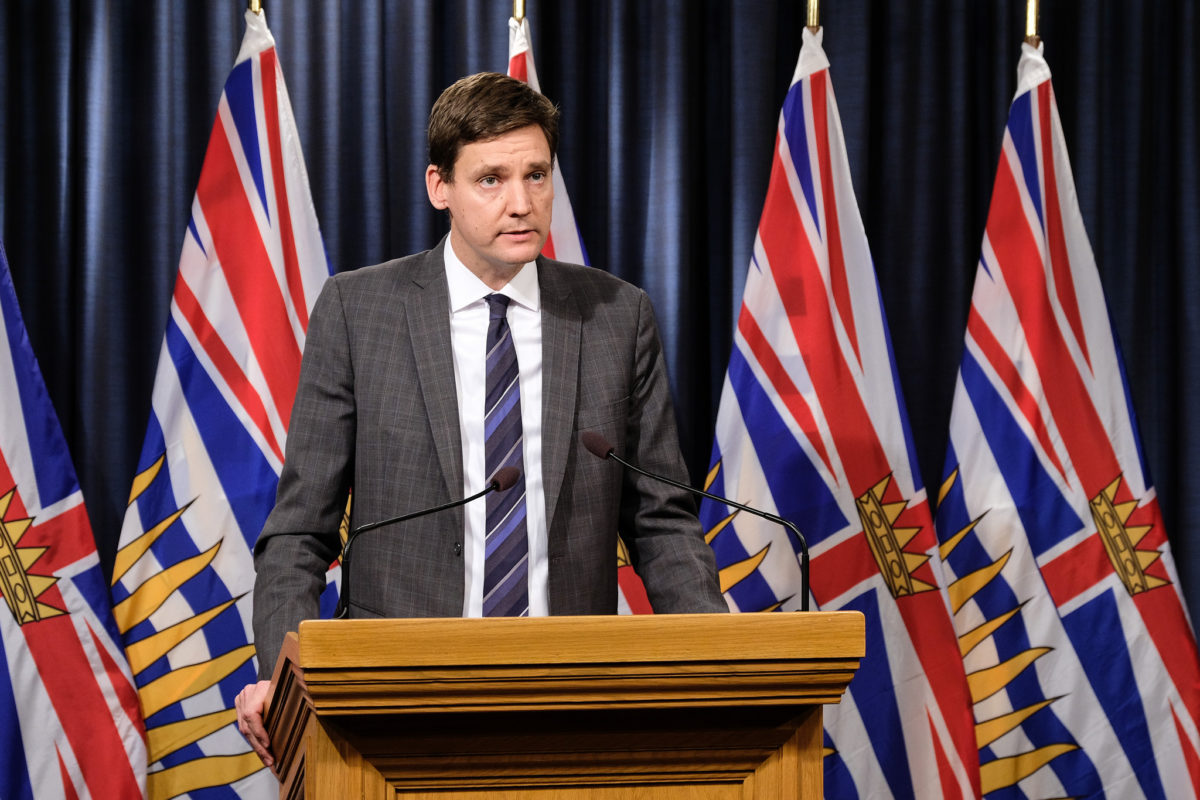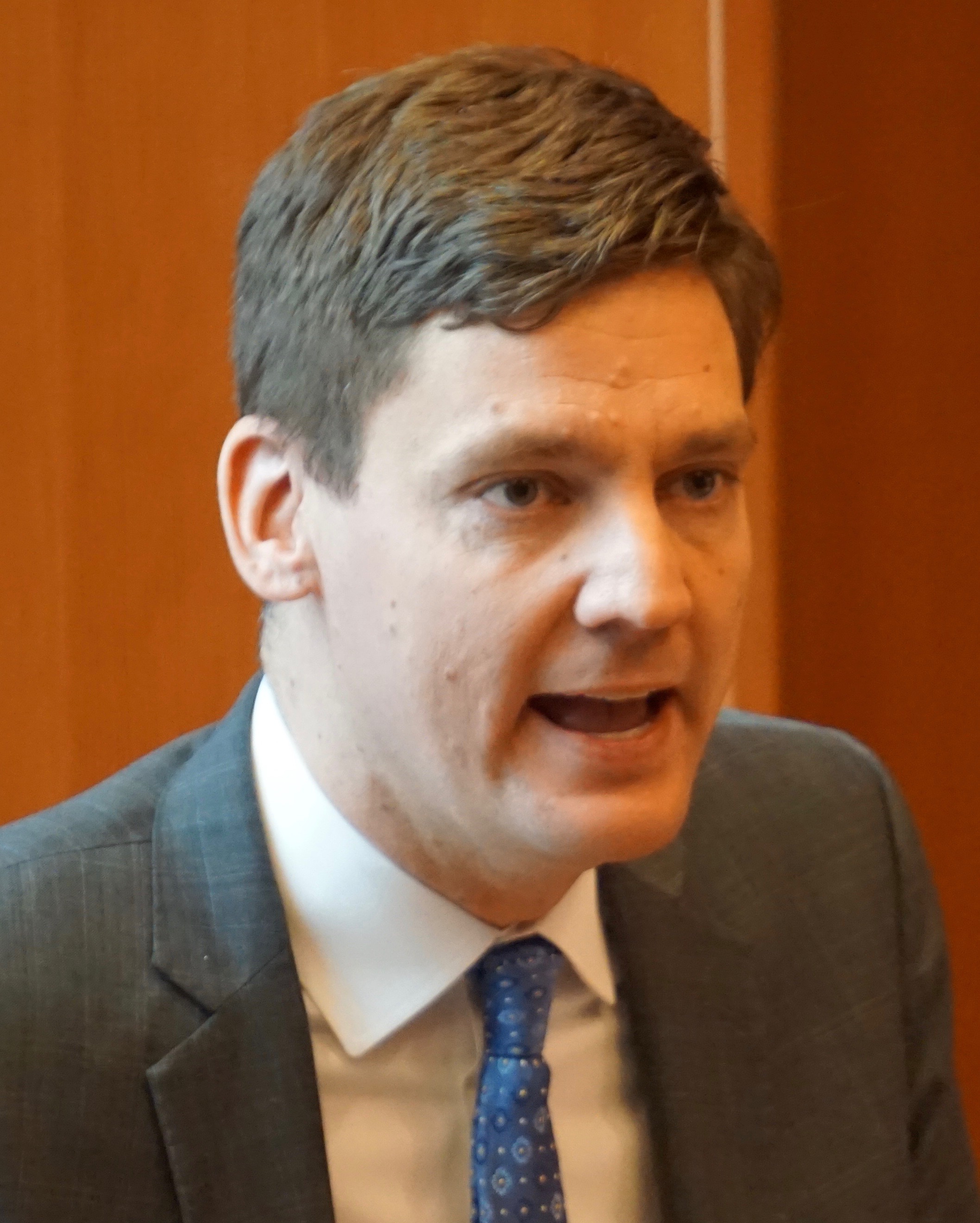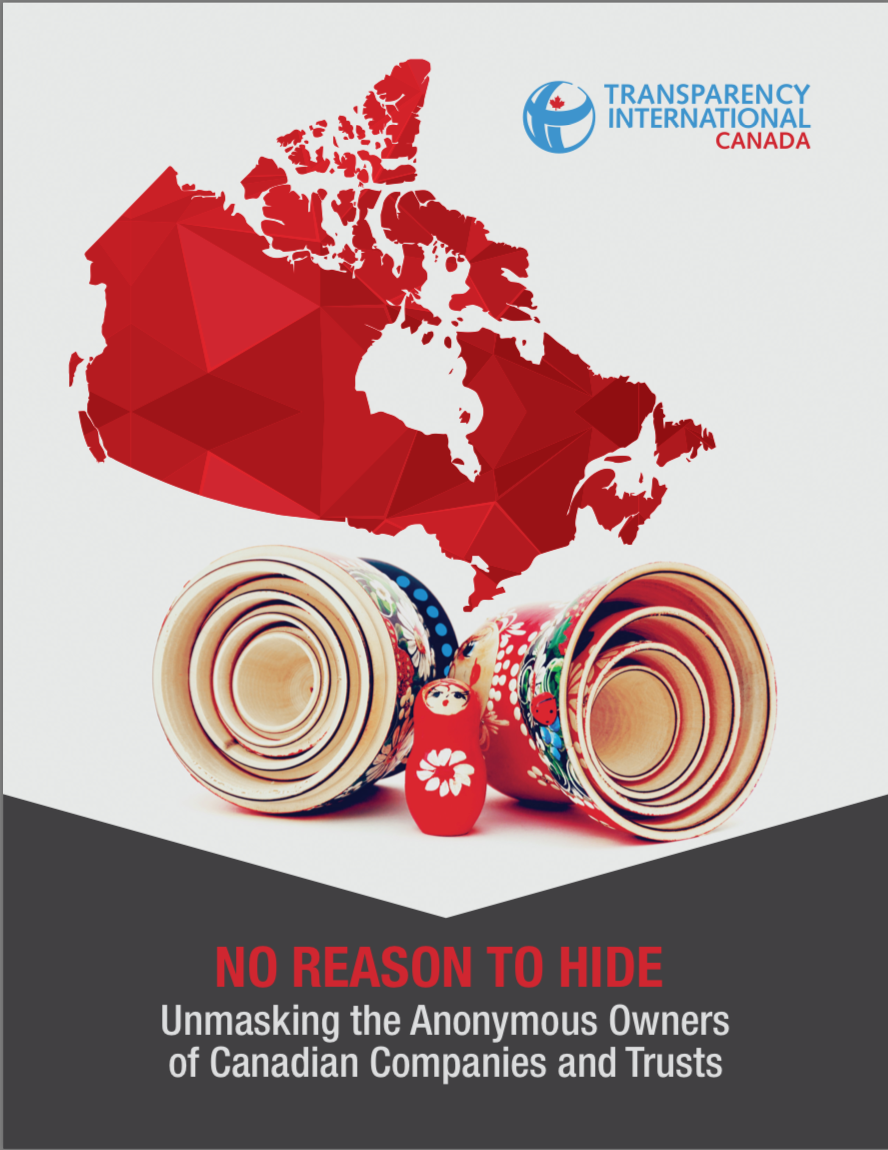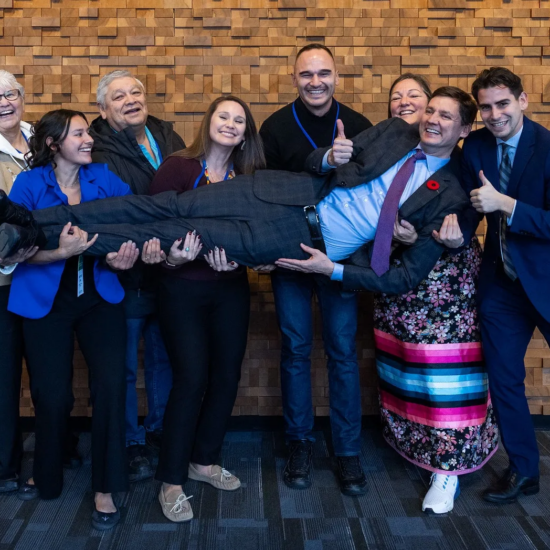
Bob Mackin
So British Columbians wait. For law and order.
Evidence is mounting about how casinos, real estate and the illicit trade of opiates intersect. The common denominator is the flood of money from Mainland China.
Yes, hockey bags of cash, empty mansions with multiple European luxury cars (sans licence plates) and fentanyl overdose victims in bodybags are part of the same vicious circle in 21st century British Columbia.

Attorney General Eby (Mackin)
The most-recent work by reporters Kathy Tomlinson and Sam Cooper has put more pressure on NDP Attorney General David Eby to act. And act now, he must.
It won’t be easy, but Eby must clean up the mess left by his six BC Liberal predecessors: Suzanne Anton, Shirley Bond, Barry Penner, Mike de Jong, Wally Oppal and Geoff Plant. The latter was attorney general after Gordon Campbell came to power on a platform that promised no expanded gambling in B.C.
The opposite happened.
Under Campbell and his successor, Christy Clark, B.C. became Las Vegas North or Macau West, depending on your perspective. The BC Liberals became addicted to casino profits, even if it meant some of the money was dirty. While he was Solicitor General, ex-Mountie Rich Coleman shut down a police squad in 2009 that was supposed to protect British Columbians. At the peak of conceit, de Jong celebrated his 20 years of representing Abbotsford citizens in the Legislature, by roasting himself in Richmond at River Rock, a casino he was supposed to regulate.
We are told the first steps toward law and order are coming in the Feb. 19 budget, but the public wants more than baby steps and they don’t want to wait years.
Eby has already ordered Peter German, a law professor and former head of the RCMP in Western Canada, to expand his casino money laundering review to consider suspicious real estate lending. German was hired last fall, shortly after Eby released the MNP report into River Rock Casino Resort that former gambling and real estate minister Mike de Jong buried for fear it would cost the BC Liberals their stranglehold on power. 
Before the provincial election, on March 21, 2017, Eby hosted Charbonneau Commission lawyer Sonia LeBel at the University of B.C.’s Allard School of Law on the same day he released an English translation of the Quebec anti-corruption inquiry’s key third volume: Schemes, Causes, Consequences and Recommendations. Eby was shocked with what he heard at an October 2016 Robson Square forum hosted by Transparency International, where officials from Quebec’s Unité permanente anticorruption.
Robert Lafrenière, commissioner of the 2011-created UPAC, said at the “Follow the Money” event that the plague of corruption must be demystified. It is, in a nutshell, “misuse of public resources, worsening of the public deficit, reduction in public revenues through tax evasion, [and] deterioration in the provision of public services and assets.”
Even rank-and-file NDP members want change. Last November’s convention adopted a Coquitlam-Burke Mountain resolution, calling for a comprehensive crackdown on corruption in B.C.
Eby has increased the expectations and it is time for him to deliver. He spoke at UBC last December, saying the chickens have come home to roost after 16 years of BC Liberal indifference to corruption. “Our international reputation is on the line,” Eby said bluntly.
“It is clear, in my opinion, that the previous administration was aware we had a serious and growing reputational issue. It is also clear to me that they evaluated the costs of cracking down on white collar crime, on fraud, on money laundering, and determined that the benefits of inaction outweighed the costs of action. Because they did not take the actions required to address the issues we have.
“It is hard for me not to speculate that some may gone further and seen a lax approach to money laundering, fraud, corporate transparency, land title registry transparency, as a competitive advantage, or a budgetary advantage, for the province.”
theBreaker asked Eby’s staff on Feb. 19 to arrange an interview, for some pre-budget details, but they failed to do so. They also did not answer who was the author of handwritten notes disclosed to theBreaker from a pivotal Sept. 25, 2017 meeting. It is believed the handwriting is Eby’s.
The few lines visible in a heavily censored document give a glimpse into the meeting, the one where Eby was briefed on the “Vancouver Model” of money laundering, which had caught the attention of Canada’s partners in the “five eyes” security alliance: The United States, United Kingdom, Australia and New Zealand.
What the handwritten notes do confirm is that the meeting, about Anti-Money Laundering, included deputy minister Richard Fyfe, retiring Gaming Policy and Enforcement Branch executive director of compliance Len Meilleur, his successor Anna Fitzgerald, GPEB intelligence and investigations unit manager Bob Stewart, intelligence officer Scott McGregor, and Joint Illegal Gaming Investigation Team investigations manager Ken Ackles.
There was discussion about the MNP report, which was released Sept. 22.
“Reform of Corporate Registry and Land Title Office.”
“Possibility of expanding references beyond purely gaming.”
“Issue around Paragon coming to B.C. Didn’t have enough background info re granting or reviewing licences.”
B.C. does not have a registry of beneficial ownership of real estate or companies, a weakness identified in a 2016 Transparency International “No Reason to Hide” report that included input from Eby. That’s the one that said “shell companies are effectively financial getaway cars that can be used to enable criminals to vanish without a trace.”

The NDP’s 2017 platform used icons to represent BC Liberal malfeasance (NDP)
There is no explanation why German’s references weren’t immediately expanded beyond gaming.
Paragon opened its Parq casino later that week. Until the River Rock money laundering scandal, and while he was the opposition critic for gambling, Paragon attracted intense scrutiny from Eby. How the little-known Las Vegas company became a big time player in B.C. remains mysterious. Campbell crony T. Richard Turner, who chaired ICBC and the B.C. Lottery Corp., became a Paragon director.
The rest of the pages, more than two dozen, were censored, in full, for intergovernmental relations, law enforcement and recommendations or advice.
So British Columbians wait. For law and order.
MAG-2017-74079 – Eby Gaming Briefing by BobMackin on Scribd











